The metaverse is one of the hottest topics at the moment, even though the term is somewhat nebulous. While there’s no consensus on exactly what the term “metaverse” encompasses, the term is generally used to describe virtual worlds that allow users to interact with each other and explore experiences with the help of technologies like virtual reality and augmented reality.
The top 12 metaverse companies
We’ll be highlighting the 12 best metaverse companies that are likely to be significant players in the metaverse sector. Our list contains a diverse range of companies—instead of focusing exclusively on companies that are building 3D virtual worlds, we’ll also be covering companies that are engaging with augmented reality tech, creating virtual wearables, and other products related to the metaverse.
While there are some companies that could be described as metaverse companies, it’s likely that tech firms in general will play an important role if the metaverse does indeed gain the kind of traction some are predicting. There’s also contenders coming in from the web3 space, with metaverse platforms that are looking to leverage NFTs and tokens to give users a way of owning spaces and items in the metaverse.
If you’re looking for metaverse companies to invest in, it’s important to note that many of the companies in this space are privately held, making it difficult for regular investors to gain exposure.
- Meta - The social media giant that’s heavily investing in the metaverse
- Roblox - One of the most popular virtual worlds with customizable experiences
- Yuga Labs - The creators of BAYC NFTs and the Otherside metaverse
- Epic Games - The company behind Unreal Engine and Fortnite
- Animoca Brands - The crypto gaming company behind The Sandbox
- Nvidia - The tech giant is tackling the metaverse with its Omniverse platform
- Improbable Worlds - A leading metaverse technology company
- Unity - The company behind the Unity video game engine
- Apple - The tech giant is reportedly developing an AR headset
- Magic Leap - A company producing advanced augmented reality headsets
- Snap - The creators of Snapchat are implementing AR into their products
- Nike - The footwear and apparel giant is experimenting with virtual wearables
1. Meta

Tech industry giant Meta was previously known as Facebook, before the company rebranded to the new name in late 2021 as part of the company shifting its focus towards the metaverse.
Meta develops and sells the Meta Quest line of virtual reality headsets, as well as the Horizon Worlds metaverse platform. The company says that the metaverse “is a place for social connection” at its core, allowing people to share experiences regardless of where they’re physically located. Meta’s vision for the metaverse also extends to the professional worlds, with the Horizon Workrooms product allowing companies to bring employees together in virtual offices.
Meta is extremely confident that the metaverse is the next big thing, which is reflected by the amount of money they are investing in their metaverse projects. Meta is also willing to take on significant losses in the short term in order to build out its metaverse platforms and products. In Q3 of 2022, Meta’s Reality Labs division, which is working on virtual reality and augmented reality products and research, took a $3.7 billion loss while only generating $285 million in revenue.
Meta’s pivot to the metaverse has been highly controversial, due to the company’s substantial spending and the underwhelming response Meta’s suite of metaverse products has received from the public so far. If the metaverse does indeed catch on, however, Meta is likely to be one of the top metaverse companies.
At the time of writing, Meta has a market capitalization of $371 billion, although the company’s stock has declined by 51% in the last year.
2. Roblox
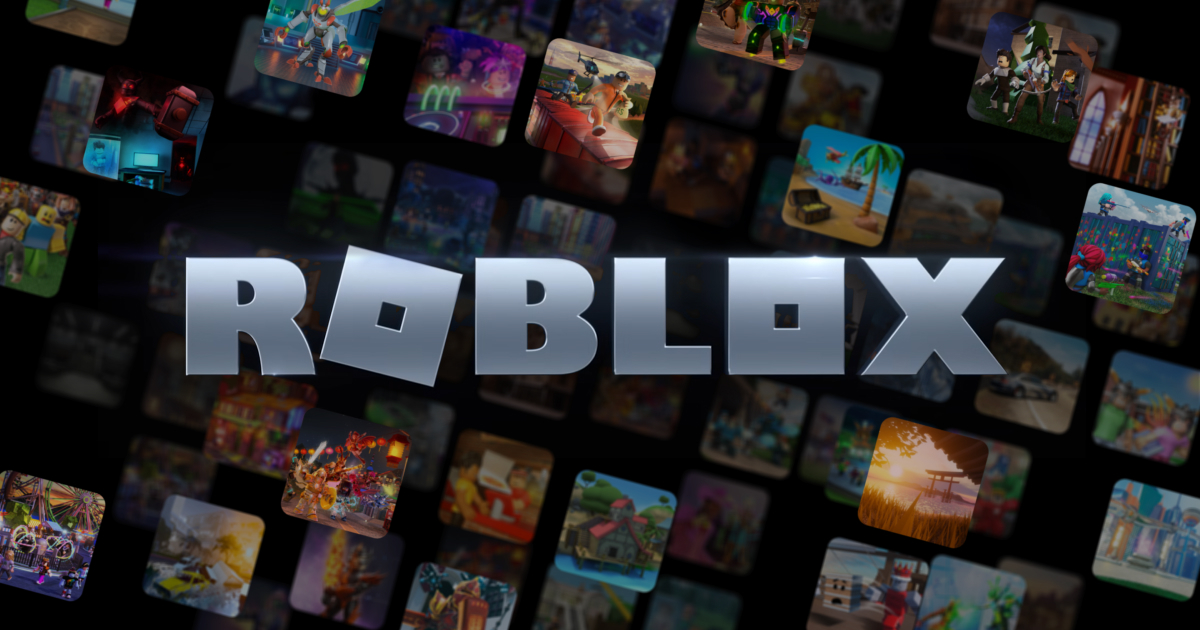
Roblox is a social gaming platform that supports user-generated content, allowing players to create their own games within the Roblox world and share them with other players. Roblox is especially popular with the younger generation, as the majority of its players are between the ages of 13 and 17.
The games users can publish on Roblox are called “experiences”, and the platform’s flexibility allows for a wide range of games ranging from RPGs and simulators to shooters and platformers. Roblox can of course be used an online platform for socializing, and can be utilized to host events such as concerts and meetings.
Roblox was launched already in 2006, but it took a while before it gained massive traction. The popularity of Roblox only really started to spike in the second half of the 2010s. Today, Roblox has over 50 million daily active users across the globe, making it one of the most popular virtual worlds out there.
Roblox currently has a market capitalization of $21.4 billion. The company’s stock has taken a big hit in the last year, dropping by 43.3%.
3. Yuga Labs
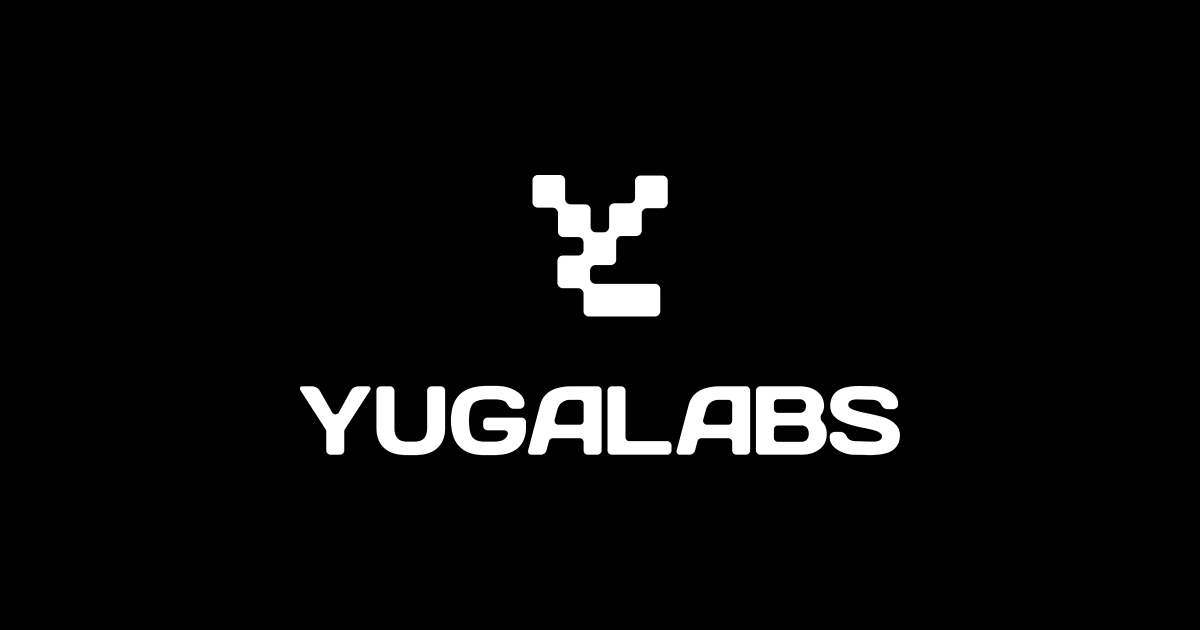
Yuga Labs is a company best known as the creators of the Bored Ape Yacht Club (BAYC) NFT collection, which has grown in value immensely since its launch in April 2021. Today, the cheapest BAYC NFT on the market is selling for a whopping 72.1 ETH, or around $117,000.
The company has expanded on their BAYC NFT collection with collections such as Mutant Ape Yacht Club (MAYC) and Bored Ape Kennel Club (BAKC). They have also acquired the intellectual property for the prominent NFT collections CryptoPunks and Meebits from Larva Labs.
Yuga Labs is also making a big push into the metaverse sector with Otherside, a 3D virtual world where players will be able to use their NFTs as avatars. Investors have shown significant demand for acquiring land in this virtual world, as the company raised around $317 million by selling virtual land plots called Otherdeeds.
The Otherside metaverse is not yet available to the public, although players have been able to get a taste of the experience through tech demos, which have generally been well-received.
Yuga Labs is a private company, and reached a valuation of $4 billion after raising $450 million in March 2022.
4. Epic Games

Epic Games is a video game company and software developer that’s best known today for its Unreal Engine technology and the popular video game Fortnite. Epic Games is positioned well to benefit from the growth of the metaverse, as its Unreal Engine technology can produce stunning visuals for virtual worlds.
In 2022, Epic Games made an investment in Hadean, a company specializing in metaverse infrastructure. Epic Games also has a partnership with the LEGO Group to create a metaverse platform geared towards children.
Epic Games CEO Tim Sweeney has expressed a lot of excitement about the metaverse, although he has warned that tech giants such as Apple could monopolize it. Instead, he is arguing for an open version of the metaverse based on open standards and collaboration.
Epic Games is a private company, reaching a valuation of $32 billion after raising a $2 billion investment in April 2022.
5. Animoca Brands
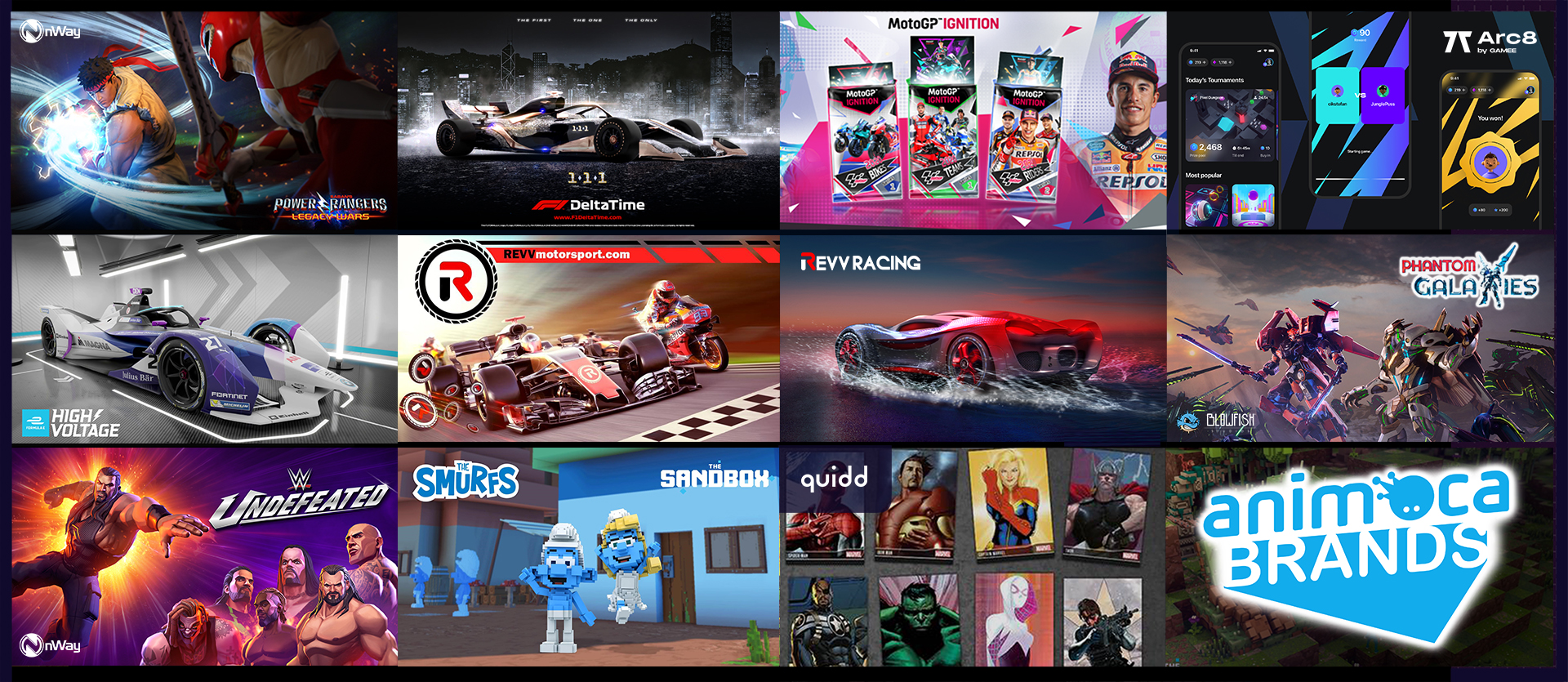
Animoca Brands is one of the biggest players in the crypto gaming sector, and owns multiple titles, including The Sandbox metaverse platform.
The Sandbox is one of the most notable crypto-powered metaverse projects. It uses NFTs to represent land and other in-game assets, giving players the ability to truly own their virtual items.
The Sandbox has reached a number of notable partnership with brands and celebrities to offer unique experiences withing their virtual world. In addition, big names such as Warner Music Group, TIME and Ubisoft own land in The Sandbox.
Animoca Brands is a privately-held company, with a valuation of about $5.5 billion as of 2022. SAND, the token utilized within The Sandbox ecosystem, has a market capitalization of $1.1 billion.
While The Sandbox is Animoca Brands’ most direct metaverse play, the company has also made investments in other metaverse projects such as Decentraland and Upland.
6. Nvidia
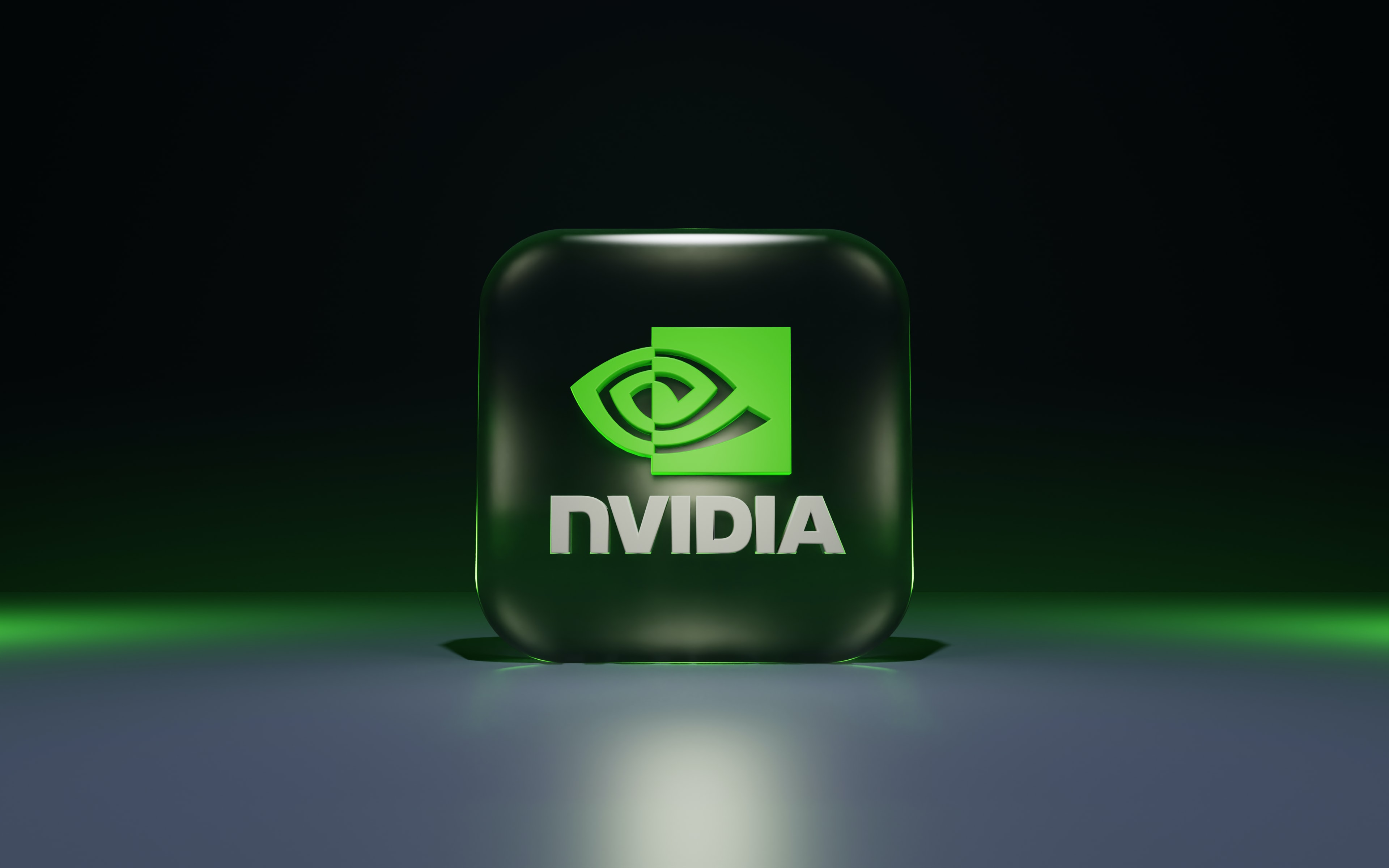
Nvidia is technology company best known to the general public for its graphics processing units, although it is also involved in the fields of data science, artificial intelligence and system on a chip (SoC) sectors.
Nvidia describes the metaverse as the “3D internet”, and has created the Omniverse platform, which enables 3D design collaboration, world simulation and interoperability between different 3D ecosystems. It is based on the Universal Scene Description (USD) framework introduced by Pixar.
If the metaverse is to grow in the future, it’s very likely that Nvidia’s technology and hardware will form a key part of its infrastructure. Nvidia currently has a market capitalization of $481 billion. The company’s shares have depreciated by 14.1% in the last year.
7. Improbable Worlds
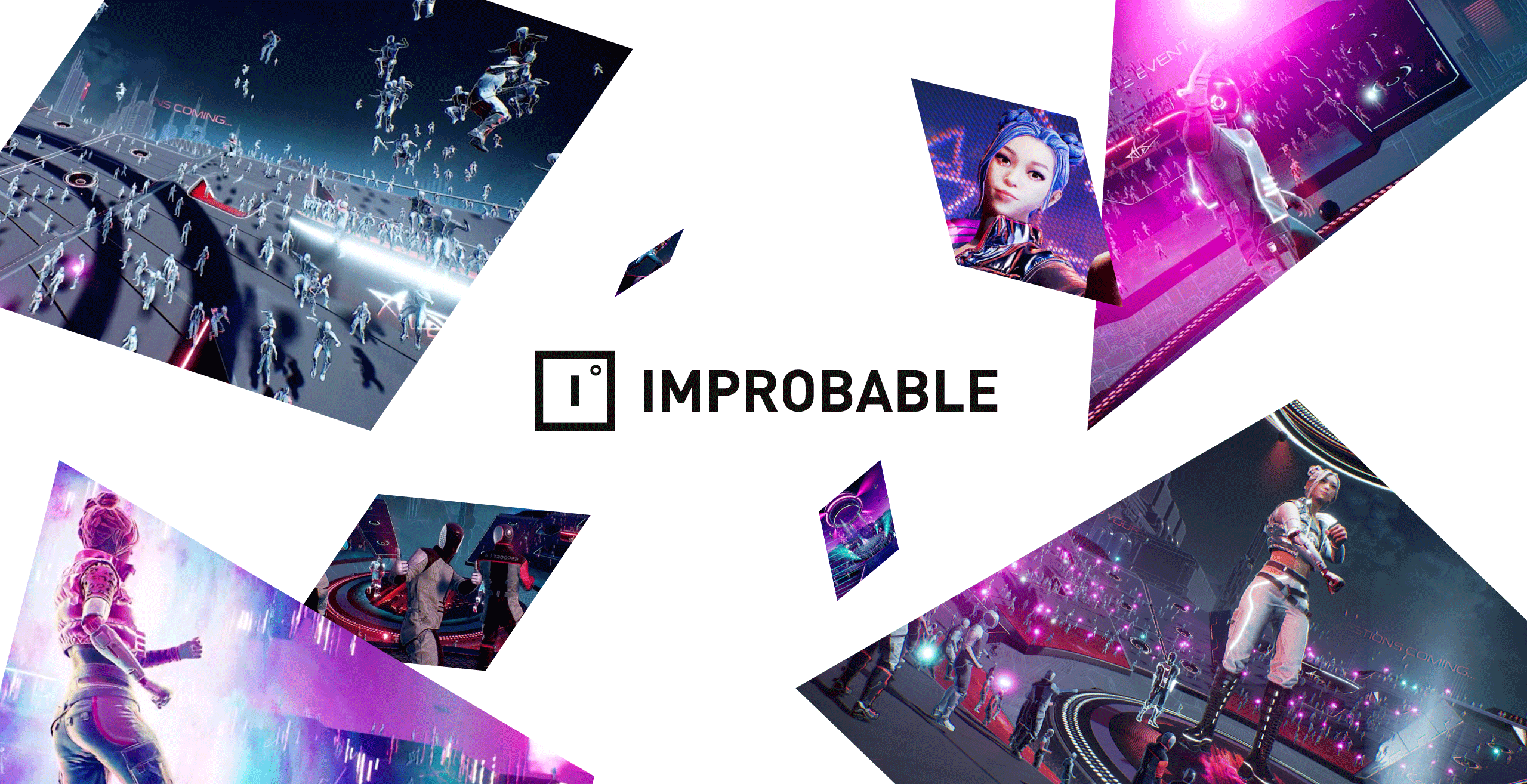
Improbable Worlds is a technology company that specializes in virtual worlds and metaverse technologies. The company’s Project Morpheus entails multiple solutions that enable massive scale in multiplayer games and virtual worlds. The tech developed by Improbable Worlds makes it possible for virtual worlds to support a large number of concurrent players, allowing for unprecedented multiplayer experiences.
Improbable Worlds is also working on MSquared, which it describes as “a network of interoperable metaverses”. MSquared is being developed with web3 technologies in mind, including NFTs.
Notably, the technology developed by Improbable Worlds is being leveraged to develop the Otherside metaverse from Yuga Labs. As we’ve already noted, tech demos for the Otherside metaverse have been received positively, with players praising the world’s ability to support a large number of players at once. If Otherside is a success, it will likely raise Improbable Worlds’ profile as a metaverse development company.
8. Unity Technologies

Unity Technologies is a software development company specialized in the video games sector. Its best known product is the Unity game engine, which has virtual reality and augmented reality capabilities that can be leveraged by metaverse projects.
The Unity game engine is already being utilized by metaverse projects, as it’s one of the most powerful tools for creating 3D virtual worlds. When it comes to software infrastructure for the metaverse, Unity is one of the best-positioned companies to benefit from the sector’s growth.
Unity Technologies currently has a market capitalization of $13.1 billion. The company’s stock has seen a massive decline in the last year, dropping by almost 67%.
9. Apple
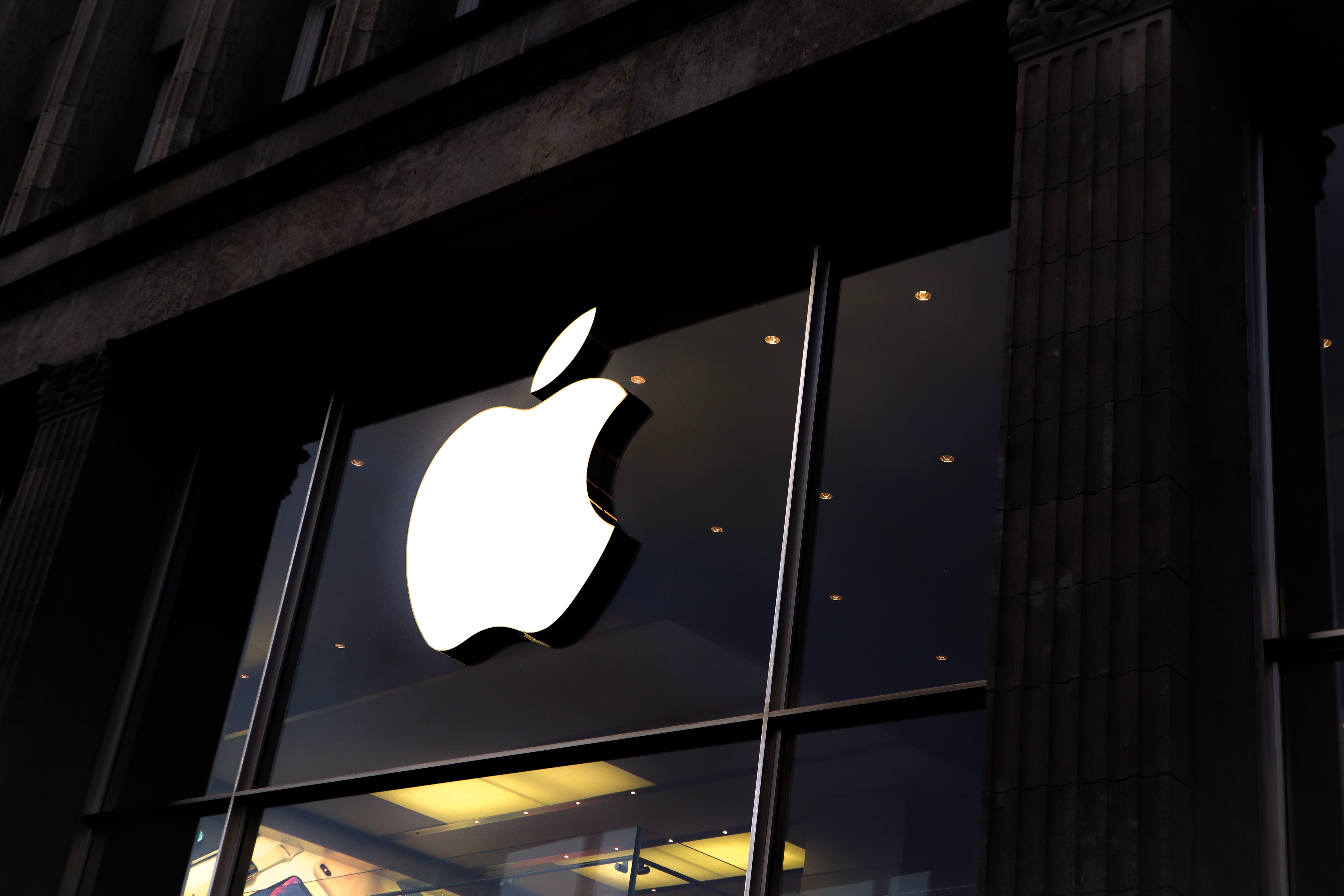
Apple is the world’s largest company by market capitalization, and has a dominating presence both in the fields of hardware and software.
Apple is reportedly working on a mixed-reality headset, that will likely be introduced to the world in the spring of 2023. The headset will reportedly be a high-end device combining virtual reality and augmented reality capabilities.
Notably, Apple CEO Tim Cook has been critical of “metaverse” as a term, saying:
“I always think it’s important that people understand what something is. And I’m really not sure the average person can tell you what the metaverse is.”
However, Cook has expressed excitement for metaverse-related technologies, including augmented reality.
10. Magic Leap
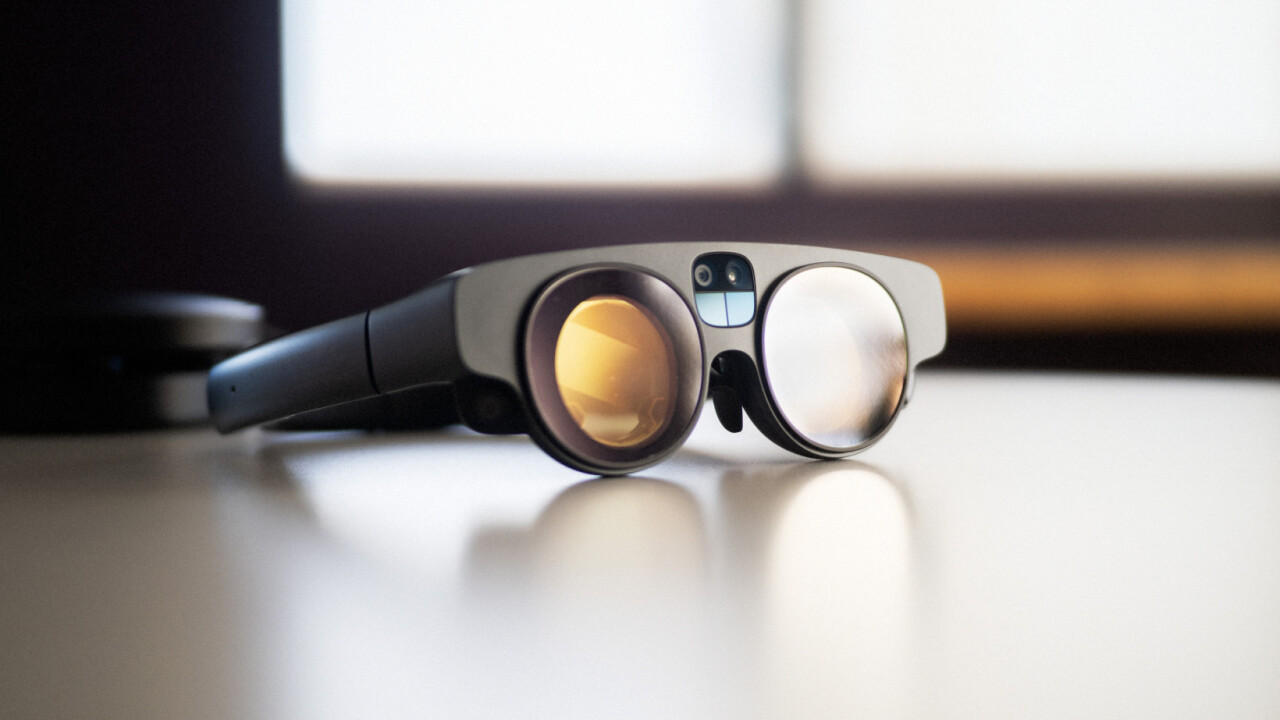
Magic Leap is a company specializing in augmented reality that sells a headset that allows for virtual 3D objects to be positioned within the context of the real world. The company’s latest headset, the Magic Leap 2, was released in September 2022.
Magic Leap has shifted its focus towards enterprise customers, which is reflected in the price of their latest device—the Magic Leap starts at $3,300.
Magic Leap is a privately held company, and it has raised $3.5 billion in investments to date. The trajectory of Magic Leap is one of the examples showing that technologies such as augmented reality and virtual reality aren’t being adopted quite as rapidly as investors expected. Magic Leap reached a $6.69 billion valuation in 2019, which was slashed to $2 billion by 2021.
11. Snap

Snap is a social media and camera company best known for its messaging app Snapchat. Snap’s CEO Evan Spiegel has criticized the concept of “metaverse”, saying that the term is “ambiguous and hypothetical”. Spiegel has also criticized Meta’s approach to the metaverse, saying that “living inside of a computer” is not something that people actually want.
Instead of focusing on virtual reality, Snap has been working on augmented reality solutions in which virtual content is combined with the real world. The company sells wearable augmented reality glasses called Spectacles, which provide an immersive AR experience.
Augmented reality experiences on Snapchat are called “Lenses”, and artists and developers can create custom AR experiences using the Lens Studio software.
Snapchat currently has a market capitalization of $16.2 billion, although the company’s stock has taken a big hit in the last year, losing 65%.
12. Nike

Nike is a major footwear, apparel and accessories company, with a market capitalization of $197.5 billion at the time of writing. While one might not associate Nike with the metaverse at first glance, the company has had a number of initiatives aimed at expanding its brand to virtual worlds.
In 2021, Nike acquired NFT studio RTFKT, which produces digital fashion items and other digital artifacts. RTFKT’s creations can be used in augmented reality. Nike also has a virtual space called the Nikeland, which is deployed on the Roblox platform. In Nikeland, users can purchase virtual wearables to dress up their avatars.
In 2022, Nike announced a platform called .SWOOSH, which will allow users to buy Nike-branded virtual products in the form of NFTs. According to Nike, users will be able to wear these virtual creations in video games and immersive experiences. However, the full extent of .SWOOSH is not yet known, as the platform is still in its very early stages.
The bottom line—There’s no shortage of companies that could benefit from metaverse growth, but it’s unclear if people actually want the metaverse
As we’ve hopefully demonstrated, there’s plenty of companies that could be positioned well if people will adopt technologies like virtual reality and augmented reality in large numbers.
However, it’s unclear if the metaverse as we imagine it today is something that people actually want. For example, Meta’s Horizon Worlds only has around 200,000 monthly users, which is a tiny figure compared to the userbase of the company’s other products like Facebook and Instagram. Crypto-powered metaverse worlds like Decentraland aren’t exactly shattering records, either.
Still, there’s billions of dollars being invested into metaverse platforms and the technologies for experiencing them, so the infrastructure will be ready if demand from users begins to grow.
If you’re interested in other companies that could be good long-term holds, check out our list of stocks with a long history of paying and increasing their dividends.
 coincodex.com
coincodex.com